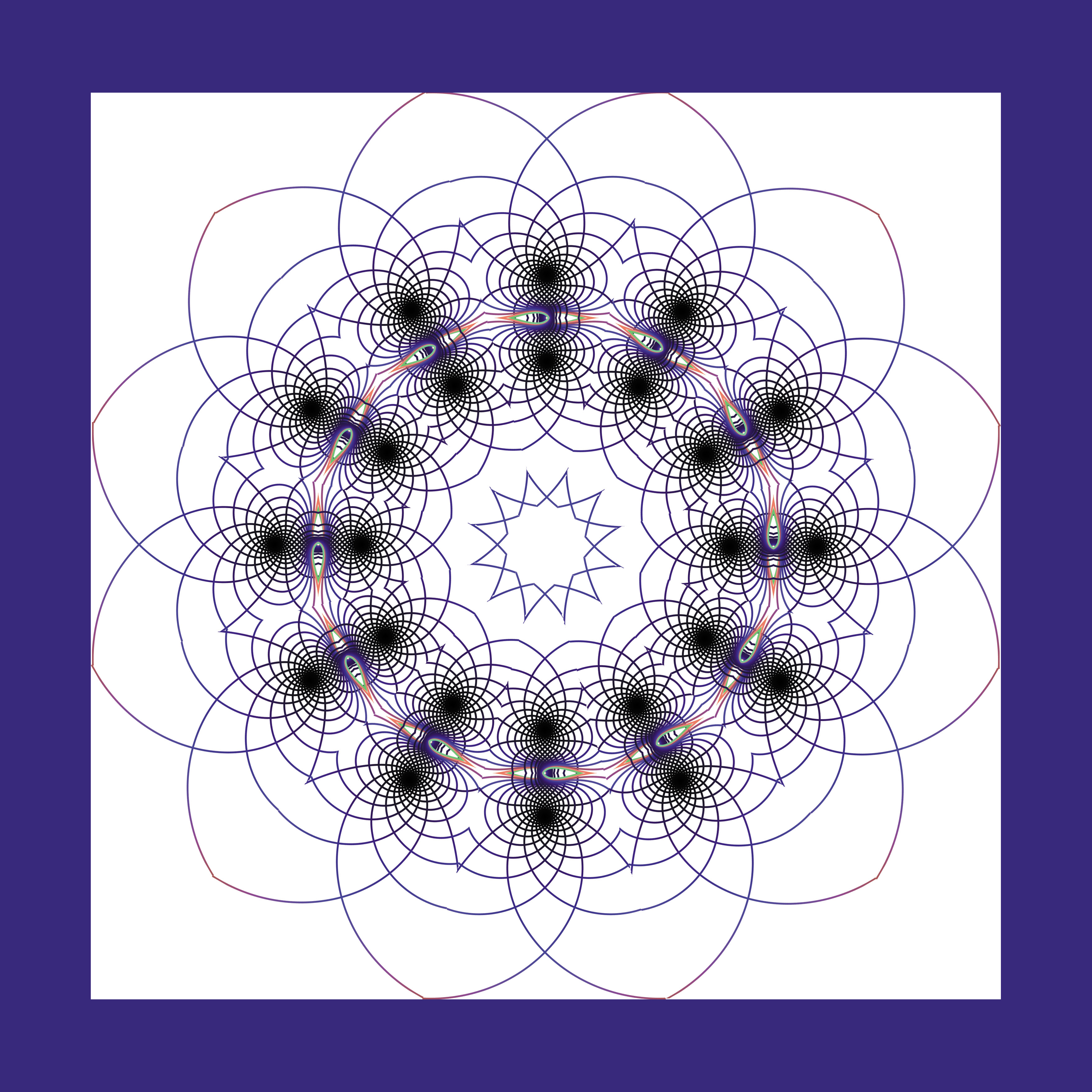Is this picture real?
Does it matter?
Washington Post is following up on it's theme about 'artificial intelligence' creating pictures:
https://www.washingtonpost.com/technology/interactive/2022/artificial-intelligence-images-dall-e/?itid=hp-top-table-main-t-5
An system named DALL E opened it's system to anyone who wants to try at:
https://openai.com/blog/dall-e-now-available-without-waitlist/
If such systems become very common, will we be able to trust pictures anymore?
"Historically, people trust what they see, said Wael Abd-Almageed, a professor at the University of Southern California's school of engineering. 'Once the line between truth and fake is eroded, everything will become fake," he said. 'We will not be able to believe anything.'"
This is not a new problem. It's been around since photography at least. Back in the day it was said "photos don't lie" but I has my own darkroom and knew that wasn't true. It was pretty easy to make photos that weren't actually real (well, easy after practice and with patience).
Later with Photoshop that became even easier. I bet half the pictures we see on the web are extensively manipulated. That still requires that the artist have access to expensive software and lots of practice. Learning Photoshop is a bit like learning a new language.
I haven't tried either DALL E or Midjourney yet. The install process is a bit of a barrier in itself since the systems are web based and you have to set up accounts to use them. But I expect that a lot of people will be attracted to the capacity to make realistic pictures from verbal prompts for all sorts of reasons.
Not all of those reasons will be innocent or benign.
Don't panic. We can cope with that.
We already live in a culture where disinformation is very common.
There is war in Ukraine and I don't trust a lot of the information from either side.
One way I cope with that is that often the information is not information I can use - it has a propaganda influence but news of a Russian atrocity in Ukraine is pretty remote compared to more local issues.
So we may get flooded by pictures created by people using machines that look very realistic but are as artificial as oil paintings are.
They will be used a lot in advertising for instance.
But does that matter?
Even now the pictures used in advertising are not real - nobody cares.
What about realistic but fake pictures being used for propaganda. I'm sure we're going to start seeing images of Biden or Trump in all sorts of contexts that look very real.
Over time, I think lies and liars lose their credibility. The longer you try to string along a lie the more certain it is that the lie will be uncovered. We'll get used to the fact that images of all sorts are human creations like paintings and not any sort of window into reality. Pictures reveal more about their creator than their subject.
After all - the idea of a picture is to cause a feedback loop of thought and experience in a viewer. The tools the artist uses to make a picture aren't particularly relevant to the aesthetic experience.
Photographs do provide evidence of course, for science and the law. And photographs like that have a chain of custody from camera to print that makes them trustworthy.
For me, the aesthetic experience (the feedback loop of looking and thinking and looking again . . ) is the most significant thing about a work of art.
But there are many other reasons to value art.
For instance, the skill of the artist in creating a picture can be a part of the aesthetic experience. An oil painting is impressive that way. A photograph, not so much. This is kind of what separates a Rembrandt from what the people in my painting group do.
Art is used as a status symbol. Its purpose is to impress friends and clients.
At a certain level of society art functions as an investment or a store of wealth.
We get the ironic situation where many of the most valuable works of art never see the light of day - they are stored in vaults and all we get to see are reproductions.
I know that a reproduction of a painting is not exactly like a painting. A lot gets lost when you reduce a full color picture to a pattern of dots of 4 colors of ink or even to the 3 colors of computer monitors.
I've seen originals and reproductions side by side - the difference is pretty large. But somehow that difference isn't a very big component of the aesthetic experience.
These days a computer is at the center of my own art practice. My pictures don't have the dynamic range of a painting or lithograph or photograph. But the tool (computer) enables pictures that would be impossible to create as paintings. Dynamic range isn't everything :-)
And I'm trying an inversion - I'm making paintings of my computer pictures. So I might ask of my painting - is this picture real?
What do you think?
I open the floor.
 I present regular philosophy discussions in a virtual reality called Second Life.
I set a topic and people come as avatars and sit around a virtual table to discuss it.
Each week I write a short essay to set the topic.
I show a selection of them here.
I present regular philosophy discussions in a virtual reality called Second Life.
I set a topic and people come as avatars and sit around a virtual table to discuss it.
Each week I write a short essay to set the topic.
I show a selection of them here.